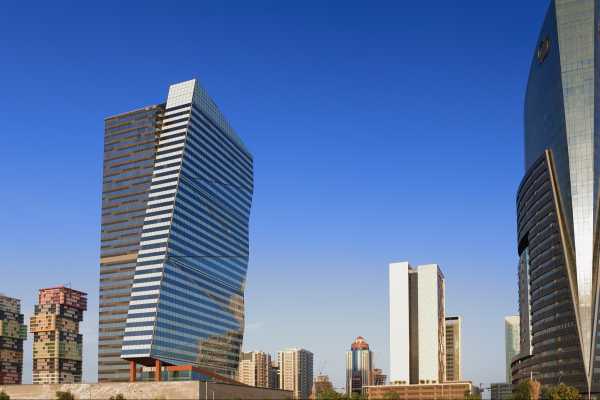The real estate market in Qatar is dynamic and influenced by various factors, with seasonality playing a crucial role in shaping trends and patterns. Understanding these seasonal impacts is essential for investors, homeowners, and industry professionals to make informed decisions and strategize effectively. This blog explores how different seasons affect Qatar's real estate market, analyzing trends and providing insights into what stakeholders can expect throughout the year.
Seasonal Trends in Qatar's Real Estate Market
Qatar experiences distinct seasons, each impacting the real estate sector differently. Let's delve into how each season affects market dynamics:
Summer (June-August)
Summer in Qatar is characterized by scorching temperatures exceeding 40°C (104°F). The weather significantly influences real estate activities:
Decreased Activity: The extreme heat discourages property viewings and transactions, leading to a decrease in market activity.
Lower Rental Demand: Many expatriates leave Qatar temporarily to escape the heat, reducing demand for rental properties.
Construction Challenges: Construction projects may slow down due to safety concerns and reduced productivity in high temperatures.
Fall (September-November)
Fall brings relief from the summer heat, marking a transition towards more favorable conditions for real estate:
Increased Demand: Expatriates return as temperatures cool down, boosting demand for rental properties.
Renewed Market Activity: Home buyers and investors resume property searches and transactions postponed during the summer.
Construction Resumes: Construction activities pick up, benefiting from more conducive weather conditions.
Winter (December-February)
Winter in Qatar is mild and pleasant, which positively impacts the real estate market:
Peak Season: Winter is considered the peak for real estate transactions and rental agreements due to comfortable weather.
Tourist Influx: Increased tourism during this period boosts short-term rental markets and enhances property demand in tourism centric areas.
Outdoor Events: Pleasant weather encourages outdoor activities and events, increasing the attractiveness of certain residential areas.
Spring (March-May)
Spring serves as a transitional period between winter and summer, influencing market dynamics in various ways:
Pre-Summer Preparations: As temperatures rise gradually, there may be a slight slowdown in property transactions.
Renovation and Maintenance: Homeowners utilize this period for property maintenance and renovation projects.
Market Adjustments: Developers and real estate agents prepare for the upcoming summer season by adjusting marketing strategies and pricing.
Analyzing Seasonal Data: A Comparative Approach

To illustrate the impact of seasonality further, let's examine a hypothetical data table showing trends in property prices and rental yields across different seasons in Qatar:
Season | Average Property Prices (QAR/sqm) | Rental Yield (%) | Market Activity |
Summer | 10,000 | 4 | Low |
Fall | 10,500 | 5 | Moderate |
Winter | 11,000 | 6 | High |
Spring | 10,800 | 5.5 | Moderate |
Key Observations:
Price Fluctuations: Property prices tend to fluctuate seasonally, with the highest prices observed in winter due to increased demand.
Rental Yields: Yields also vary, reflecting changes in rental demand and occupancy rates.
Market Activity: Summer shows lower activity levels across all metrics, while winter stands out as the busiest season for real estate transactions.
Seasonality significantly influences the real estate market in Qatar, impacting everything from property prices and rental yields to market activity levels. Understanding the impact of seasonality is crucial for stakeholders navigating Qatar's real estate market. Each season brings its own set of challenges and opportunities, influencing property prices, rental yields, market activity levels, and overall demand. By recognizing these seasonal trends, investors, developers, homeowners, and renters can make informed decisions, optimize their strategies, and effectively manage risks associated with market fluctuations. Whether you're looking to buy, sell, rent, or invest in real estate in Qatar, adapting to seasonal variations will enhance your ability to capitalize on favorable market conditions and mitigate potential downturns. By staying attuned to seasonal patterns and planning accordingly, stakeholders can position themselves for long-term success in Qatar's dynamic real estate landscape.



















